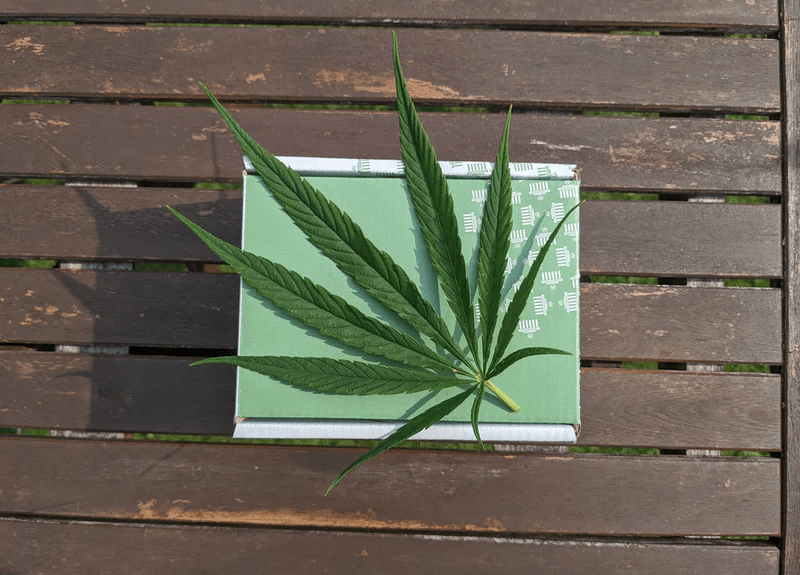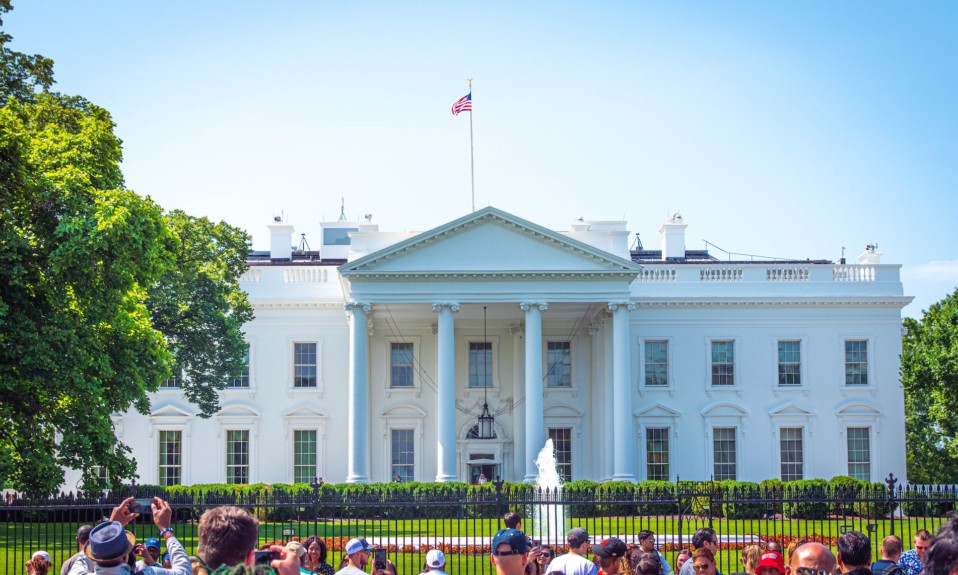Despite lack of evidence, four state policies allow dispensaries to tout cannabis as treatment option for opioid use disorder
By Jason Langendorf
August 15, 2020Several states have allowed cannabis dispensaries to advertise marijuana as a treatment option for opioid use disorder (OUD), despite there being no evidence to support the claim.
In a study published in July, co-authors Chelsea Shover, PhD, and Keith Humphreys, PhD, researched state policies for medical marijuana and found that medical boards in Pennsylvania, New York, New Jersey and New Mexico include OUD among conditions that would allow access to medical marijuana.
“In the current policy environment, in which medical claims by cannabis dispensaries are largely unregulated, these advertisements could harm patients,” the authors wrote. “Future research linking these policies to patient outcomes is warranted.”
Some dispensaries advertise cannabis as a proven treatment for Alzheimer’s disease, depression, diabetes, COVID-19 and opioid use disorder, among other conditions, according to the research of Shover and co-author Keith Humphreys, PhD. Although the National Institute of Health (NIH) says “the marijuana plant contains chemicals that may help treat a range of illnesses and symptoms,” currently no clinical proof exists that cannabis treats these conditions –and it is illegal to make such false claims.
“The harm is that people buy cannabis and go off their medications,” Humphreys told Stanford Medicine’s Scope blog.
The U.S. Food and Drug Administration (FDA) has not recognized or approved the marijuana plant as a medicine, according to the National Institute of Health (NIH). Although several medications containing cannabinoid (CBD) — non-intoxicant chemicals derived from the cannabis plant — or synthetic cannabis-related products have been cleared by the FDA, they are prescription drugs approved for treating condition-specific seizures and certain symptoms in cancer and AIDS patients.
According to the FDA, “the use of unapproved cannabis and cannabis-derived products can have unpredictable and unintended consequences, including serious safety risks.”
“Although the National Institute of Health (NIH) says ‘the marijuana plant contains chemicals that may help treat a range of illnesses and symptoms,’ currently no clinical proof exists that cannabis treats these conditions —and it is illegal to make such false claims.”
Extensive research is currently being conducted on the healing properties of cannabis and synthetic cannabis-related drugs, but results related to treating opioid use disorder thus far have been inconclusive.
A 2014 study funded by the National Institute on Drug Abuse (NIDA) found that, from 1999 to 2010, states with medical cannabis laws experienced slower increases in opioid analgesic overdose deaths compared to states that lacked such laws. But a 2019 follow-up study examining data through 2017 found the opposite to be true.
According to NIH, “the authors note that neither study provides evidence of a causal relationship between marijuana access and opioid overdose deaths. Rather, they suggest that the associations are likely due to factors the researchers did not measure, and they caution against drawing conclusions on an individual level from ecological (population-level) data.”
“The FDA-approved treatments for opioid use disorder are quite effective,” Shover told Scope, “and there’s no evidence that cannabis helps.”













